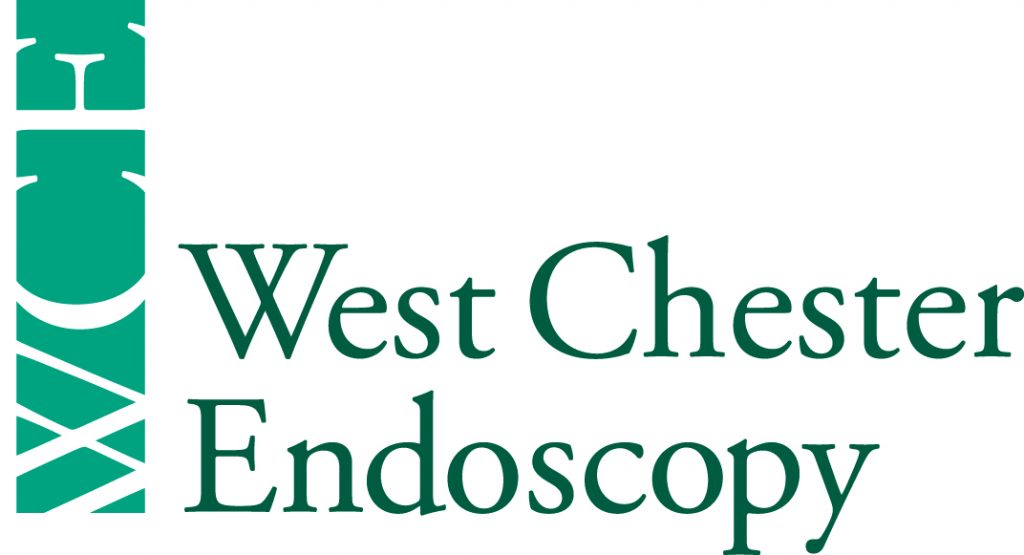Accurate Diagnosis Important for Hemorrhoids and Colon Cancer

Since hemorrhoids and colon cancer may have similar symptoms, it’s important to know the facts about each condition and to get an accurate diagnosis from a physician.
What Are Hemorrhoids?
Hemorrhoids, or piles, are swollen blood vessels around the anus or lower rectum. When the surrounding tissues become inflamed, they can enlarge, protrude and bleed. Hemorrhoids are common — about half of all adults older than 50 are affected.
Common symptoms of hemorrhoids may include the following:
- Blood in the stool, on the toilet paper or in the toilet bowl
- Inflammation or a hard lump around the anus
- Pain, itching or burning around the anus
Hemorrhoids can be internal or external, and both types can bleed. Untreated hemorrhoids can cause infection, anal spasm, ulceration and anemia.
“Hemorrhoids are common, and it’s easy to assume they could be the cause of rectal bleeding. But don’t take a chance — see your doctor and be sure,” said AMSURG Medical Staff Lead Jay Popp, MD.
Many people can treat mild cases of hemorrhoids efficiently and inexpensively at home. Sitz baths, over-the-counter creams and pain relievers can help reduce symptoms and provide comfort. If you cannot get relief from over-the-counter medication, you should visit a doctor.
If you are prone to hemorrhoids, there are several things you can do to prevent future flare-ups:
- Drink plenty of water
- Eat high-fiber foods, like fresh fruits and vegetables
- Take a stool softener or fiber supplement
- Avoid straining when having a bowel movement
- Avoid lifting heavy objects
What is Colon Cancer?
Colon cancer is cancer of the large intestine that forms in the colon’s lining. Most cases of colon cancer begin as an abnormal growth of cells called a polyp. All polyps start as benign; however, if not discovered and removed, polyps can become cancerous.
Symptoms of colon cancer include the following:
- Abdominal pain and cramping
- Rectal bleeding
- Fatigue
- Thin, pencil-like stools
- Changes in bowel habits like constipation, diarrhea or both
- Nausea and vomiting
- A feeling of incomplete evacuation
- Anal urgency, or feeling a constant need to pass stool
- Weight loss
Differences Between Colon Cancer and Hemorrhoids
Only a physician can accurately diagnose hemorrhoids or colon cancer, so it is essential to avoid self-diagnosis. Certain activities and conditions often can cause hemorrhoids. Some of these include the following:
- Pregnancy
- Constipation
- Straining to have a bowel movement
- Lifting too much weight frequently
- Sedentary lifestyle
With colon cancer, diagnosis can be complicated. Some people do not experience any symptoms. Also, many colon cancer symptoms are commonly experienced with non-cancerous conditions other than hemorrhoids, such as infection, irritable bowel syndrome or inflammatory bowel disease.
Most importantly, colon cancer has more severe health implications, as it is the second-leading cause of cancer death in the United States. An estimated 153,020 new cases of colon cancer will be diagnosed this year, and 52,550 Americans are expected to die from the disease.
You’re Never Too Young for Colon Cancer
Colon cancer incidence is steadily decreasing among adults over 65, but rates are increasing in adults younger than 50 as well. The number of new cases of colon cancer in adults younger than 55 has doubled from 11 percent in 1995 to 20 percent in 2019. According to the Colorectal Cancer Alliance, “The incidence rate of colorectal cancer is rising by about 2 percent annually in young people. By 2030, researchers predict that colorectal cancer will be the leading cause of cancer death in people ages 20-49.”
Because colon cancer is rising in younger adults, it is essential to know the warning signs of the disease and get screened at recommended intervals.
Make an Appointment for a Colonoscopy
If you are experiencing colon cancer symptoms, you should make an appointment with your doctor. Colon cancer is highly treatable when diagnosed early, and colonoscopy is the most effective test. A colonoscopy allows your doctor to view the entire colon and remove polyps before they become cancerous.
The American Cancer Society recommends that all adults at average risk for colon cancer begin screening at age 45. You may need to get screened earlier if you have a family history of colon cancer or a personal history of polyps. If you have digestive complaints, talk to your doctor regardless of your age. It is important you have troublesome symptoms evaluated.
Genetic syndromes like familial adenomatous polyposis (FAAP) and hereditary nonpolyposis colon cancer can also contribute to colon cancer risk, so talk to your doctor about when and how often you should get screened.
